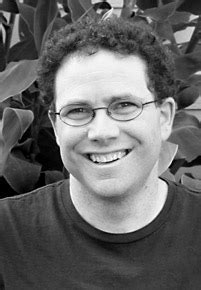A Quote by William Butler Yeats
Once out of nature I shall never take
My bodily form from any natural thing,
But such a form as Grecian goldsmiths make
Related Quotes
It is not the organs-that is, the character and form of the animal's bodily parts-that have given rise to its habits and particular structures. It is the habits and manner of life and the conditions in which its ancestors lived that have in the course of time fashioned its bodily form, its organs and qualities.
When you work in form, be it a sonnet or villanelle or whatever, the form is there and you have to fill it. And you have to find how to make that form say what you want to say. But what you find, always--I think any poet who's worked in form will agree with me--is that the form leads you to what you want to say.
Once we become conscious of a feeling and attempt to make a corresponding form, we are engaged in an activity which, far from being sincere, is prepared (as any artist if he is sincere will tell you) to moderate feelings to fit the form. The artist's feeling for form is stronger than a formless feeling.
The glance is natural magic. The mysterious communication established across a house between two entire strangers, moves all the springs of wonder. The communication by the glance is in the greatest part not subject to the control of the will. It is the bodily symbol of identity with nature. We look into the eyes to know if this other form is another self, and the eyes will not lie, but make a faithful confession what inhabitant is there.
Through death you find yourself, because you no longer identify with form. You realize you are not the form with which you had identified neither the physical nor the psychological form of "me". That form goes. It dissolves and who you are beyond form emerges through the opening where that form was. One could almost say that every form of life obscures God.
An argument often given for why Earth couldn't host another form of life is that once the life we know became established, it would have eliminated any competition through natural selection. But if another form of life were confined to its own niche, there would be little direct competition with regular life.
May we feel after Thee; still calling out in the darkness, as children waking in the night call "Father," so may we call out for God; and, at times, even if we do not hear Thy voice, may there be the form of a hand resting upon us, and that shall be enough; for we shall take hold of it, though it be in the dark, and it shall guide us to the growing light; for the day shall come, and the release and triumph.






































